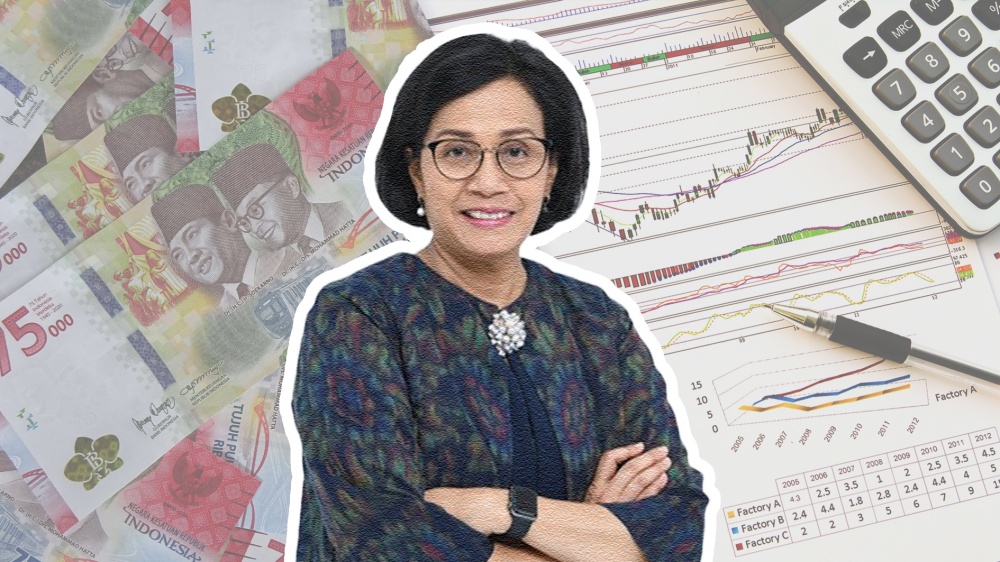Sri Mulyani adopts 8 strategies to raise Indonesia’s resilience

JAKARTA – Finance Minister Sri Mulyani Indrawati outlined eight key government strategies that form the foundation for drafting the 2026 Macroeconomic Framework and Fiscal Policy Guidelines (KEM-PPKF) for the State Budget Draft (RAPBN).
Speaking at the DPR Plenary Session on Tuesday (20/5), Sri Mulyani asserted that the 2026 fiscal policy direction would focus on strengthening the national economy’s resilience, enhancing the country’s independence, and ensuring long-term fiscal sustainability.
Amid global turbulence and intense international economic competition, the government has prepared the following eight medium-term strategies as the main pillars of national development:
- First, food security. The government is committed to boosting agricultural and fisheries productivity while maintaining food price stability to support the welfare of farmers and fishers.
- Second, energy security. Increasing oil and gas production, developing renewable energy (EBT), and reducing carbon emissions are top priorities. The government is also continuing the B40 programme and transitioning to B50 for palm oil.
- Third, the Free Nutritious Meals Programme (MBG). Aimed at fostering a healthy and productive generation from an early age, MBG also engages MSMEs and regional economies in its ecosystem.
- Fourth, education reform. This involves improving access and quality of education through the strengthening of flagship schools, vocational programmes, and infrastructure from early childhood education (PAUD) to universities. The government has prepared an education budget of between IDR 727 trillion and IDR 761 trillion for 2026.
- Fifth, improving health services. The focus is on strengthening the National Health Insurance (JKN), reducing stunting, and providing nutritional assistance. The government has allocated between IDR 181 trillion and IDR 228 trillion for health.
- Sixth, rural development, cooperatives, and MSMEs. This programme emphasises the development of self-reliant villages and the strengthening of the Red and White Village/Subdistrict Cooperatives (KDMP) and MSMEs as drivers of local economies.
- Seventh, total defence. National defence is being strengthened not only to protect sovereignty but also as a foundation for achieving social and economic independence.
- Eighth, investment acceleration and global competitiveness. The government is forming Danantara to enhance the synergy and competitiveness of state-owned enterprises (BUMN) at both national and global levels in the face of shifting global value chains.
Sri Mulyani stressed that implementing these strategies must go hand-in-hand with maintaining the health of the state budget. Optimising state revenue must align with a favourable investment climate and environmental sustainability.
At the same time, operational spending efficiency and the reinforcement of productive spending are priorities to ensure the state budget genuinely contributes to public welfare.
“With the implementation of these eight strategies, the foundation of Indonesia’s economy will remain strong and independent. Sovereignty in food, energy, and the economy will be key to shaping a prosperous Indonesia,” said Sri Mulyani, as quoted from the official website of the Ministry of Finance on Wednesday (21/5).
Concluding her remarks, the Minister of Finance called on all elements of the nation, including the DPR, to continue working together, providing support and insights to safeguard the direction of Indonesia’s development. (EF/ZH)